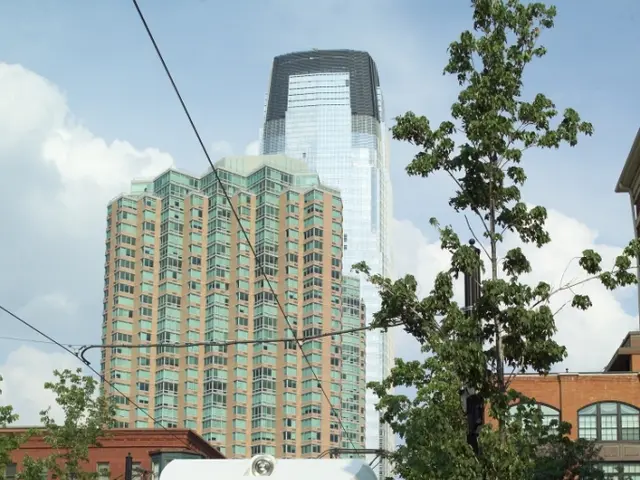South Koreans' Top Concern: Fine Dust Pollution Surpasses North Korea Fears
South Koreans are increasingly worried about fine dust pollution, surpassing concerns about North Korea's nuclear weapons. The tiny particles pose serious health risks, with many residents using smartphone apps to monitor real-time aqi levels. Despite government plans to reduce ultrafine dust by 30% by 2022, concentrations continue to rise.
Fine dust, composed of sulfur, nitrogen oxides, carbon, soot, and other particles, is a significant issue in South Korea. It's so severe that children are kept indoors on some days. The government aims to tackle this by reducing ultrafine dust by 30% by 2022, but efforts have been insufficient so far.
Sources of fine dust are both domestic and international. Nearly half originates within the country, with diesel cars and coal plants being major contributors. Additionally, yellow dust from China and Mongolia, along with industrial pollutants, exacerbates the problem, especially in spring. Measures to reduce fine dust concentrations in Seoul include improving air quality through emission controls, increasing electric vehicles, and enhancing public transportation. Despite these considerations, specific measures for Seoul are yet to be determined.
Air pollution in South Korea is a pressing concern, with fine dust posing serious health risks. While the government plans to reduce ultrafine dust, concentrations continue to rise. South Koreans are increasingly using smartphone apps to monitor real-time aqi levels and air cleaners have become essential home appliances. To combat this, the government and local authorities must implement effective measures to reduce domestic emissions and mitigate international influences.
Read also:
- chaos unveiled on Clowning Street: week 63's antics from 'Two-Tier Keir' and his chaotic Labour Circus
- Racing ahead in Renewable Energy Dominance: Changzhou, Jiangsu Pushes for Worldwide Renewable Energy Ascendancy
- Colorado's Proposition 112: A 2,500-Foot Fracking Buffer on the Ballot
- Renault Group to Discuss Decarbonization and Circular Economy Strategies at ChangeNow 2023 Event








